by L.A. Warren
Well before Donald Trump was declared president-elect, politicians assembled inside the Mississippi e-Center@JSU with electronic and print media on campus for all-night Election Day coverage to address issues impacting all races, especially the White House.
Aside from opinions about local and statewide contests, the School of Journalism and Media Studies at Jackson State University invited a slew of guests on Nov. 8 into its studios to discuss topics such as the Electoral College, immigration, swing states, voter apathy and voter ID.
INTENSE EMOTIONS, OPINIONS
Opinions, some rather intense, flared up throughout the night as professionals and aspiring journalists interviewed politicians and pundits.
Dr. Elayne H. Anthony, dean of the journalism school who also served as election anchor on JSUTV, kicked off the evening with an interview with Secretary of State Delbert Hosemann about voter ID requirements.
Hosemann, via Skype, explained there were no issues. He said unlike previous years, Mississippi wasn’t required to have monitors this time. However, 500 observers were sent to 28 other states, he said.
Anthony said the live television coverage was an “awesome task.” She added, “We included our students, faculty, staff; and teams at the radio and television stations and students with the campus newspaper. Alumni donated food for the event, and we received tremendous support from University Communications. We streamed live so viewers could watch us, and we were visible on Comcast Channel 14.”
The entire night proved to be a “teachable moment” for students and “some of them even gave their analyses on the set,” Anthony said. As well, they received lessons about the Electoral College and “were able to look at those numbers to see where we were in the election.”

a senior in JSU’s School of Journalism and Media Studies, participate in election coverage. They prepare to interview state Sen. John Horhn in the greenroom on Tuesday evening. (Darek Ashley/JSU)
WHAT IS ELECTORAL COLLEGE?
With help from JSU political science professor Dr. Byron D’Andra Orey, the Electoral College was clearly explained as he addressed how votes are parceled out based on each state’s congressional districts. For example, Orey said, Mississippi is awarded six votes, accounting for its two senators and four congressmen. A victorious presidential candidate must earn a minimum of 270 votes. (Trump – handily won Mississippi and Clinton eventually delivered her concession speech before noon after Election Day).
Orey also suggested that many African-Americans were lukewarm about this presidential election – a contrast with Latinos this time around.
SHOCK AND DISMAY
Dr. Luis Camillo Almeida, interim chair of JSU’s Department of Integrated Marketing Communications, Multimedia Journalism and Media Production, monitored social media. And, throughout the night, students used Facebook and Twitter to share snippets about election results. Some of them even conducted interviews with guests in the designated greenroom.
Anchoring the Election Night news desk and providing regular updates on breaking news, WJSU-FM news director Dwain Doty asked state Rep. Alyce Clarke how the nation should bridge the country’s deep political divide.
“I’m hoping we’ll find a way,” said Clarke, delivering a clarion call for unity while trumpeting the message that “divided, we will fall.” She said: “My desire, my hope, my prayer is that we, as constituents, will work even harder than the president and his team to get ourselves together.”
Meanwhile, Eric Walker, senior producer of JSU’s Election Night 2016, said he was pleased with the coverage provided by the team.
“We accomplished our goals by tackling all the major elections in the state and the presidential race with in-depth analyses of those important local contests involving those who live around us and represent us.” He also praised student anchors for being “poised and graceful” during interviews and well-versed on political topics.
As a producer, Walker said he has “1,001 things going on at the same time, such as making sure the flow is going well, the guests are in place, watching poll results and managing graphics.” Yet, he was especially delighted that JSUTV was the first station to call the election between incumbent Supreme Court Justice Jim Kitchens (the winner) and rival Kenny Griffis, despite just 89 percent of the precincts having reported. JSUTV would later score an interview with Griffis after the hard-fought match. Another swift decision occurred when JSUTV was first to call the race for Latrice Westbrooks against defeated incumbent Ceolo James for the Mississippi Court of Appeals, District 2.

STATE DEBATE
Former Mississippi Democratic Gov. Ronnie Musgrove locked horns with GOP strategist Amile Wilson when Musgrove argued that candidates running for the Supreme Court are not supposed to have a platform because “it means you’re not going to be unbiased.” Musgrove, also a JSU adjunct instructor, pointed to a lack of transparency when outsiders try to bankroll judicial races.
Later, Wilson zeroed in on the presidential candidates.
Although some students might have been disappointed about some of the election results, Anthony said the experience they received watching the highs and lows are just part of the electoral process.



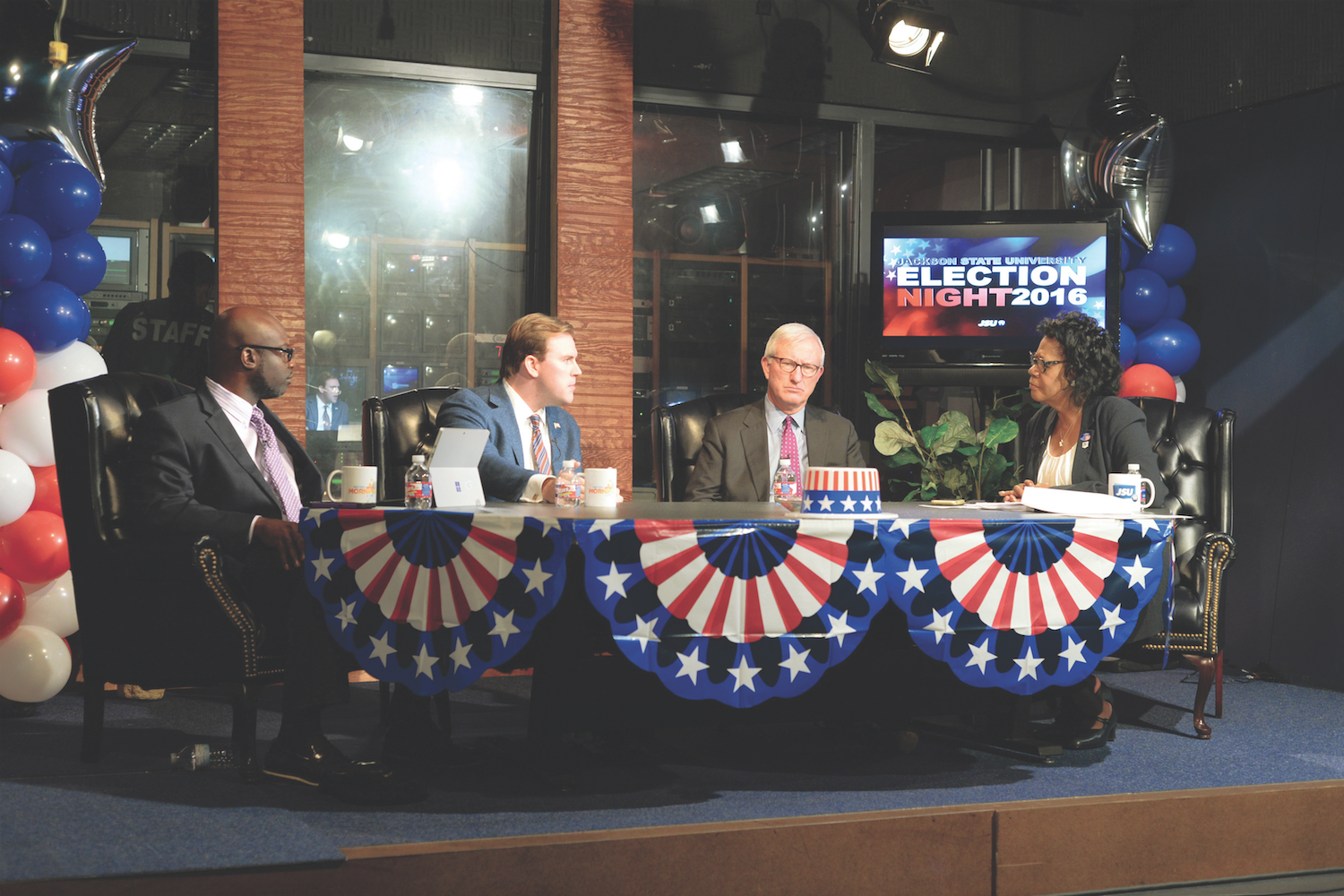
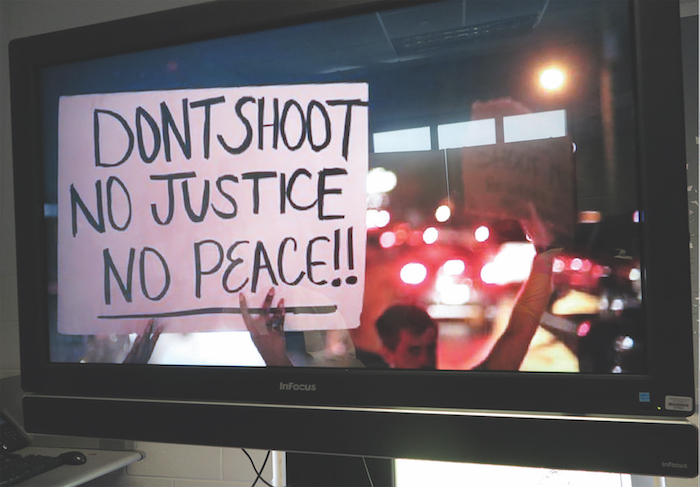
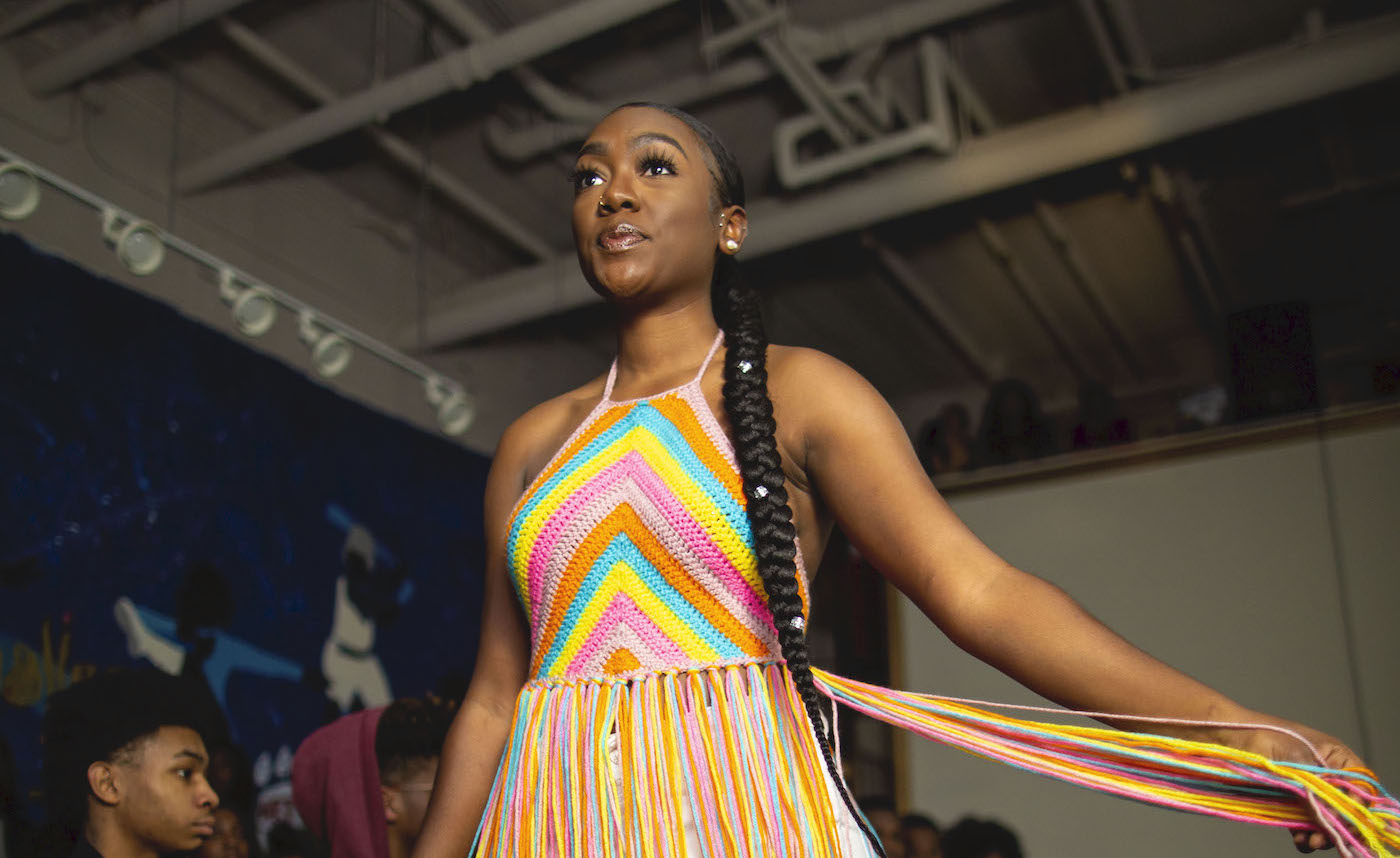

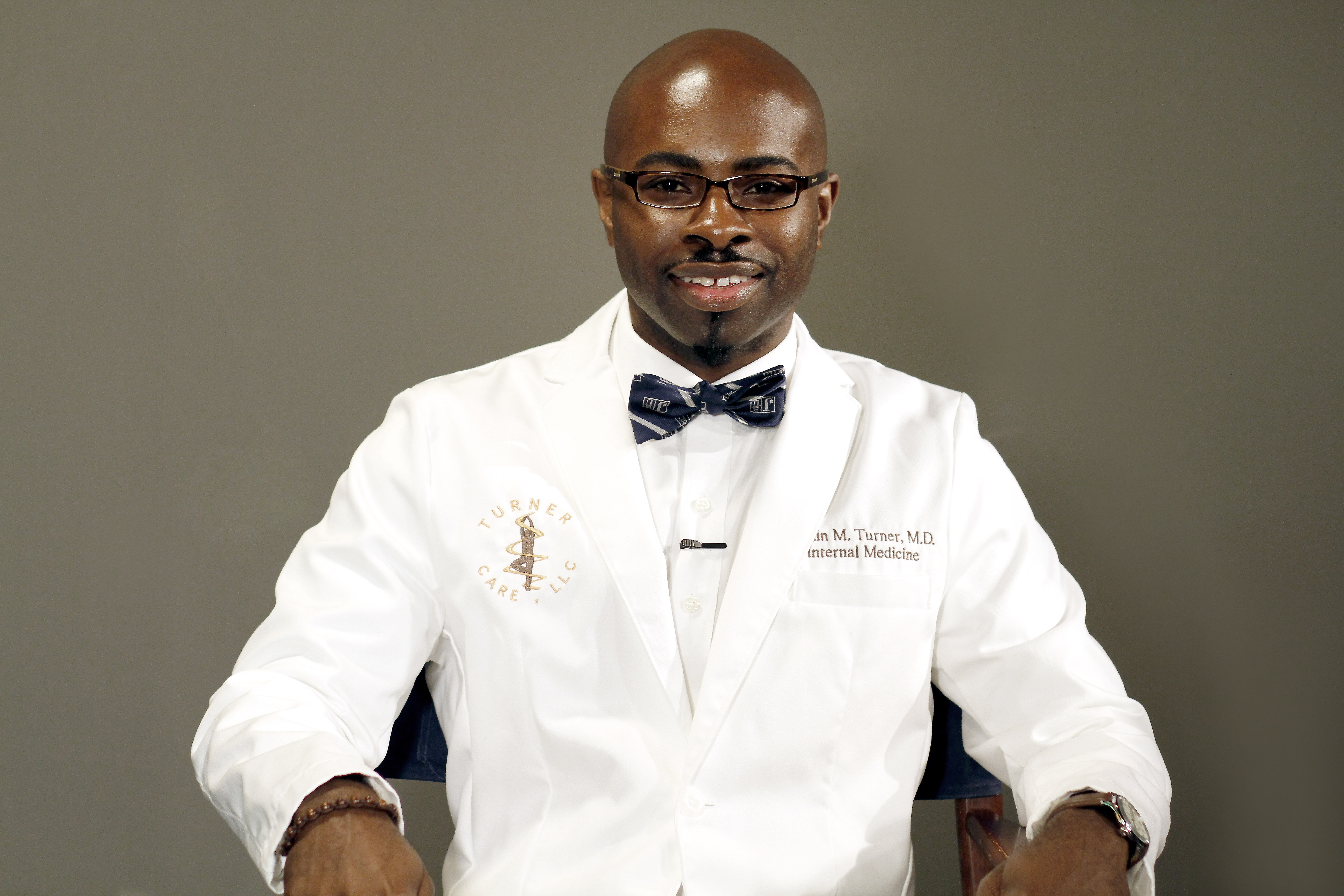
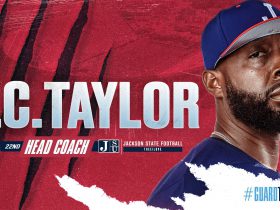
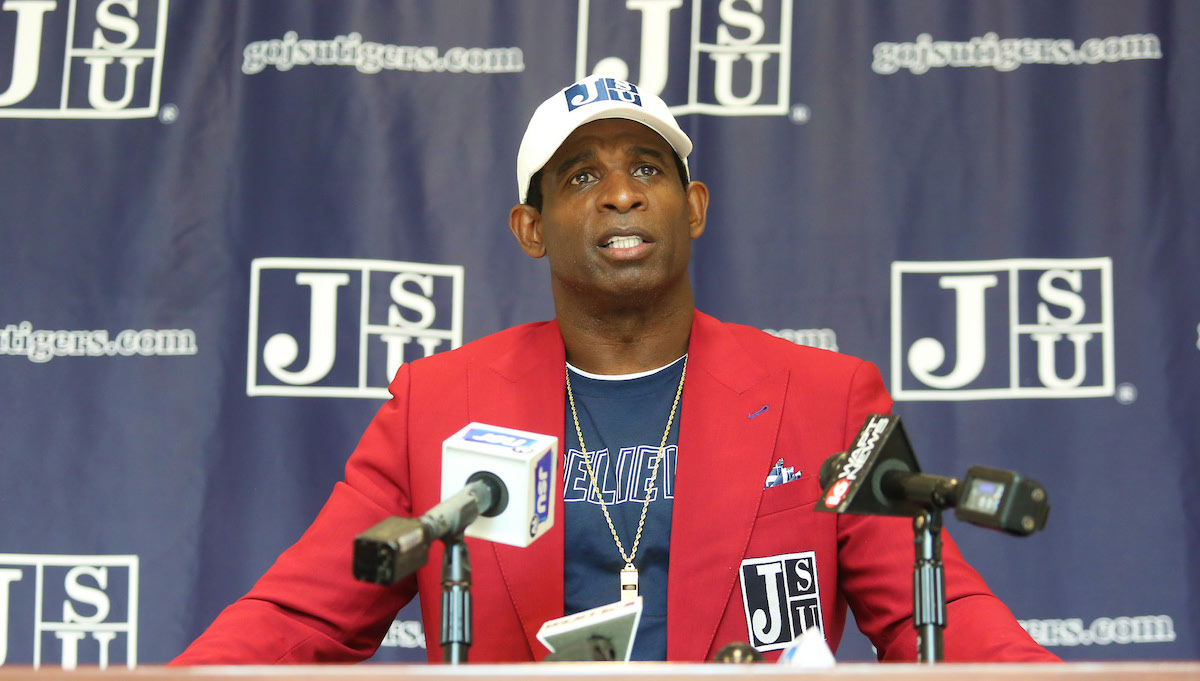


Leave a Reply